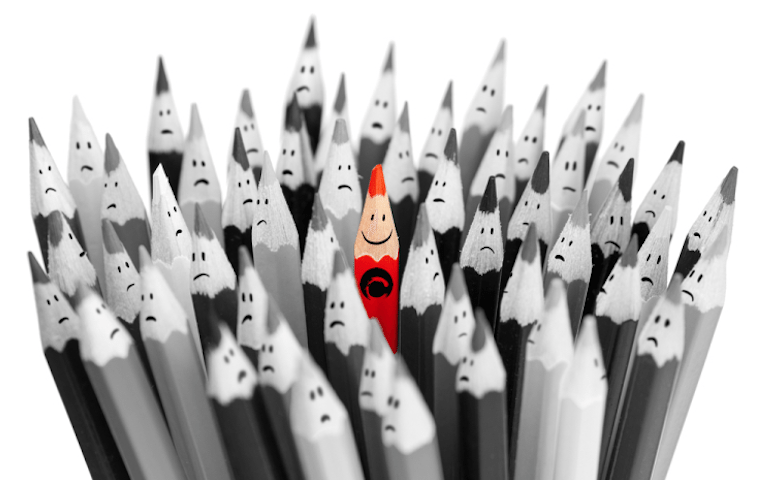Equality and equity two similar terms that in fact reflect two very different concepts. Equality fundamentally means sameness while equity means fairness. So, what does this refer to in terms of education?
Equality is where the school and tuition teachers provide every student the same resources and materials to study. Equity is where the kind of resources provided to a student is dependent on other factors such as learning disabilities, financial issues and so on. The best tutors out there will know that every student’s learning needs vary to a great extent. Teaching is certainly not a “one-size-fits-all” business.
Now that we understand what they mean, let’s look at which of the two is more important and how they benefit students on the whole!
A Helping Hand
Equity is very important to enforce in educational institutes to help each student as much as possible. For a country it is important to maximise the number of students that receive a high-quality education so that our economy will flourish in the future. Without equity, some students that require more resources or more attention may end up failing and be unable to graduate.
For example, imagine a school that has no remedial classes to help students who learn at a slower rate compared to the average population. Once they fall behind in a particular lesson, it will result in a toxic cycle where they just continue falling more and more behind lessons. There are two ways to try and enforce equity in every classroom.
How Equity Works
For students who are financially disadvantaged, financial grants can be given to students based on the income of their family. For students with physical disabilities such as those with visual or hearing impairment, specialised schools can be built with teachers that have gone through specialised training as well.
For students who simply learn at a slower rate, separate streams of education can be implemented such as Singapore education system’s express, normal academic and normal technical streams. This should never be looked at as a means of discrimination, and no student should ostracise their peers using this academic streaming as an excuse.
This in fact allows every student to receive the specialised education that they require. Students need to be educated about the reasoning behind such decisions that the government has made.
Everyone Is Different
Teachers will have to consider the background of all their students including learning disabilities, cultural background and so on. They must try to make sure that all students get the same positive outcomes regardless of their unique skill sets and problems.
This, however, will of course be very taxing for educators and will force them to spend a lot of time both in the classroom and outside. Thus, although perfect equity cannot be achieved, teachers must be incentivised to help every student to the best of their ability. Having extra remedial classes for students who struggle to keep up can be a good start.

The Importance of Equality
At the same time, equality is also very important in education. We must consider equality at all levels and for all stakeholders. Firstly, the government must treat all schools equally.
All of us have heard multiple times that “every school is a good school” and although many may make fun of this statement, it is important for the government to enforce. Although there may be certain disparities in funding for different schools, the government must still ensure all schools get their share so that they are able to function.
Equity in this aspect is not very useful as the government does not have much to benefit in paying attention to schools that do not require as much funding. For students, equality ensures that everyone gets the same baseline of resources, attention and opportunities.
In the end, it is necessary to balance both equality and equity. Equality in education will help to ensure that every student receive the required baseline of resources while equity will help to ensure that those equal opportunities are adjusted to be made suitable for students with unique requirements. The ultimate goal is for students to receive the best education possible and contribute to the betterment of the society in their own unique ways.
